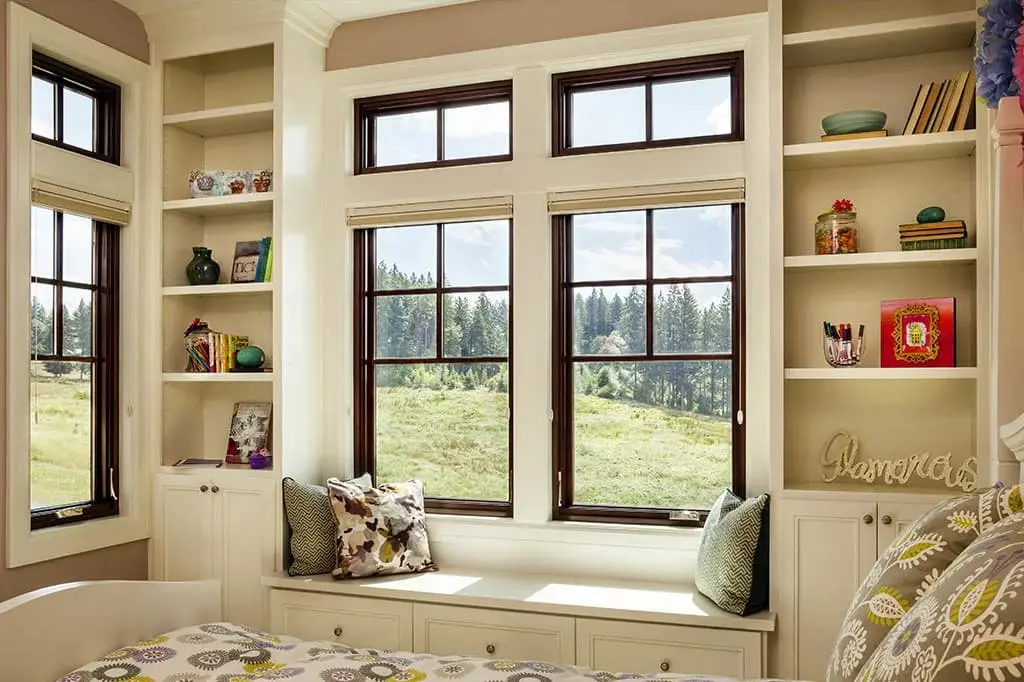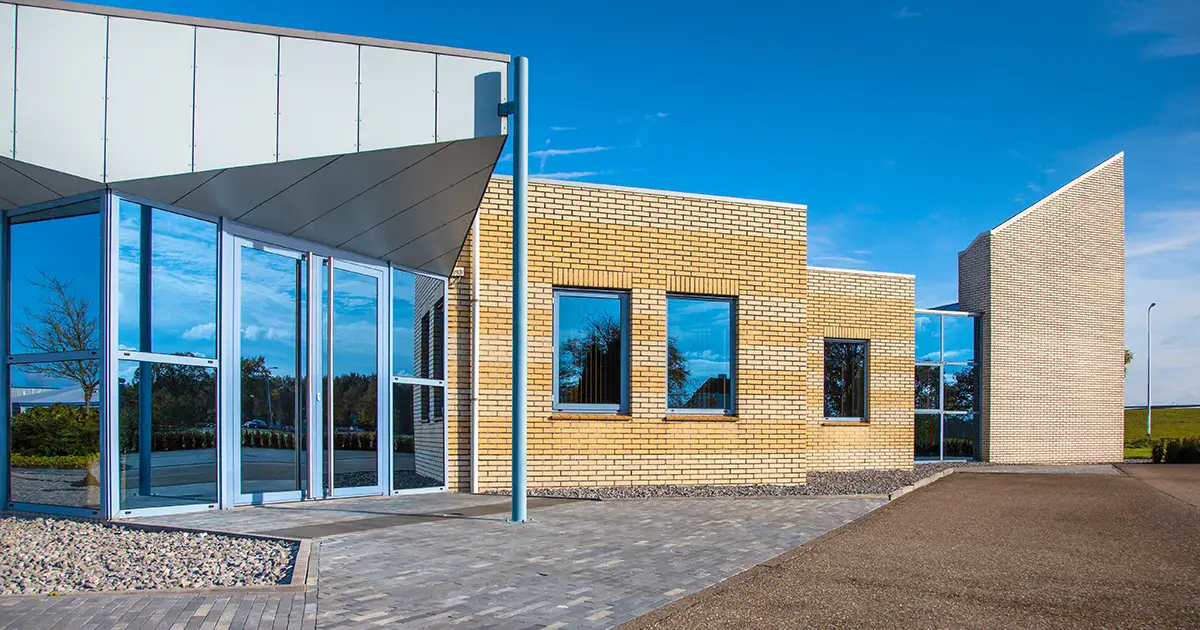
Why Choose Professional Contractors?
Embarking on a home improvement project is an exciting journey, whether you're remodeling a single room or overhauling your entire space. While the idea of tackling projects yourself may seem appealing, the complexities of construction, design, and compliance can quickly turn a DIY project into a stressful endeavor. Hiring a professional contractor offers several advantages, including saving time, reducing stress, and ensuring high-quality results.
Professional contractors bring years of experience and expertise to the table. Their knowledge of building codes, regulations, and industry standards ensures your project complies with all local laws and safety guidelines. They also have access to specialized tools, materials, and a network of trusted suppliers, making the entire process smoother and more efficient. Furthermore, most reputable contractors carry the necessary licenses and insurance, providing you with peace of mind that you're protected against potential mishaps during the project.
Whether you're updating your kitchen, adding a new deck, or renovating your bathroom, a professional contractor can handle the technical aspects, allowing you to focus on your vision and goals.
Types of Home Improvement Contractors
Understanding the different types of contractors available will help you select the right professional for your specific needs. Below are the most common contractor types you may encounter during your home improvement journey:
- General ContractorsA general contractor oversees the entire project from start to finish. They handle all aspects of the renovation, from coordinating subcontractors to sourcing materials. If you're planning a large-scale remodel, such as a kitchen or home addition, hiring a general contractor ensures everything runs smoothly and stays on schedule.
- Specialty ContractorsSpecialty contractors focus on specific areas of home improvement, such as plumbing, electrical work, or HVAC systems. If your project involves work in one of these specialized areas, you'll likely need to hire a contractor with expertise in that field. For example, you may need an electrician to update your wiring or a plumber to install new pipes.
- Design-Build FirmsDesign-build firms offer both design and construction services, providing a one-stop solution for homeowners who want to streamline the process. With this type of contractor, you'll have a single point of contact for both the design phase and the construction phase. This can lead to faster project completion and more cohesive results, as the team works closely together from start to finish.
- Landscape ContractorsLandscape contractors specialize in creating and maintaining outdoor spaces. Whether you're installing a new patio, building a garden, or adding hardscaping elements like retaining walls or walkways, a landscape contractor has the skills to transform your outdoor areas. They can also help with irrigation, planting, and creating beautiful landscape designs that enhance your property’s curb appeal.
- Remodeling ContractorsRemodeling contractors focus on renovations and alterations to existing structures. If you’re updating a bathroom, converting a basement, or transforming a living room, a remodeling contractor will help you plan, design, and execute the renovation, ensuring that it enhances your home's functionality and aesthetic.
Understanding the various roles of contractors will help you make an informed decision about which professional is best suited for your project.
How to Find the Right Contractor
Finding the right contractor for your home improvement project involves more than simply choosing someone with the lowest price. It requires research, interviews, and a careful evaluation of their qualifications and work history. Here are some steps to help you find the right contractor:
- Start with RecommendationsThe best place to begin your search is by asking friends, family, or neighbors for recommendations. Personal referrals from people you trust can give you a better understanding of a contractor’s work quality, reliability, and professionalism.
- Use Online ResourcesWebsites like Angie's List, HomeAdvisor, and Yelp provide reviews and ratings from other homeowners who have worked with contractors in your area. These platforms offer valuable insights into contractors' reputations, responsiveness, and customer service.
- Check QualificationsAlways verify that the contractor is licensed, insured, and bonded. This ensures that they meet the necessary legal requirements and that you’re protected in case of damage or accidents during the project. You can check a contractor's credentials with your state’s licensing authority or insurance provider.
- Request Multiple QuotesOnce you've identified a few potential contractors, request quotes for the project. Be sure to ask for a detailed breakdown of the cost, including labor, materials, and any additional fees. Getting multiple quotes will help you understand market rates and give you a better idea of what’s reasonable for your project.
- Interview ContractorsSet up interviews or meetings with your top choices to discuss your project in detail. This will allow you to gauge their expertise, communication skills, and overall approach. A good contractor should be able to answer all your questions and provide suggestions that align with your vision.
Key Questions to Ask Contractors
Before signing a contract, it's essential to ask the right questions to ensure you're hiring the right person for the job. Here are some critical questions to ask during your interview with a contractor:
- What is your experience with projects similar to mine?You want to hire a contractor who has experience with projects like yours. If you're remodeling a kitchen, for instance, it’s important to choose someone who has worked on similar-sized kitchens in the past.
- Can you provide references from past clients?Ask for references from previous clients who can speak to the quality of the contractor's work. A reliable contractor should have a list of satisfied clients willing to share their experience.
- What is the estimated timeline for completion?Understanding the timeline for your project is crucial for planning purposes. Ask the contractor to provide an estimated start and finish date, and be clear about any potential delays due to weather or other factors.
- How do you handle permits and inspections?Depending on your project, you may need to obtain permits or undergo inspections. A professional contractor should be familiar with local building codes and able to manage the permitting process on your behalf.
- What’s included in your quote?It’s essential to have a clear understanding of what’s covered in the contractor's quote. Make sure it includes a breakdown of labor, materials, and any other associated costs. If the quote doesn’t cover all aspects of the project, you may face unexpected costs down the line.
The Importance of Contracts
Once you’ve chosen a contractor, the next step is to establish a formal agreement. A written contract ensures that both parties are on the same page regarding the scope of work, timeline, costs, and expectations. Without a contract, misunderstandings can arise, potentially leading to costly delays or disputes.
Your contract should include:
- Scope of Work: A detailed description of the tasks to be completed.
- Payment Schedule: Clear terms about when payments are due and how much will be paid at each stage.
- Timeline: A realistic timeline for project completion.
- Warranties: Any guarantees regarding the work completed or materials used.
Review the contract thoroughly and clarify any ambiguities before signing. A solid contract protects both you and the contractor, providing a reference point throughout the duration of the project.
Budgeting for Your Home Improvement Project
Creating a realistic budget is one of the most important steps in planning a home improvement project. Your budget should reflect not only the cost of materials and labor but also potential unforeseen expenses, such as permits or delays. Here’s a general breakdown of costs for some common home improvement projects:
| Project Type | Estimated Cost Range |
|---|---|
| Kitchen Remodel | $10,000 - $50,000 |
| Bathroom Renovation | $5,000 - $25,000 |
| Landscaping | $2,000 - $20,000 |
| Deck Installation | $3,000 - $15,000 |
| Basement Finishing | $10,000 - $30,000 |
Having a clear budget helps you prioritize projects and avoid unnecessary spending. Be sure to include a contingency fund (usually 10-20% of the total budget) for unexpected costs.
Finalizing Your Project
As your project nears completion, it’s important to maintain open communication with your contractor. Regular check-ins allow you to address any concerns, review progress, and make adjustments as needed. Once the project is completed, perform a detailed walkthrough to ensure that everything meets your expectations.
Only make final payments once you're satisfied with the work and have had a chance to inspect the finished project. If anything is not up to standard, address it with the contractor before finalizing payment.
Embrace Your Transformed Space
Hiring the right contractor is essential for turning your home improvement dreams into reality. With careful planning, effective communication, and the right professional by your side, your project will be a success. Enjoy the transformation of your space and the satisfaction of knowing that you’ve made a smart investment in your home.






